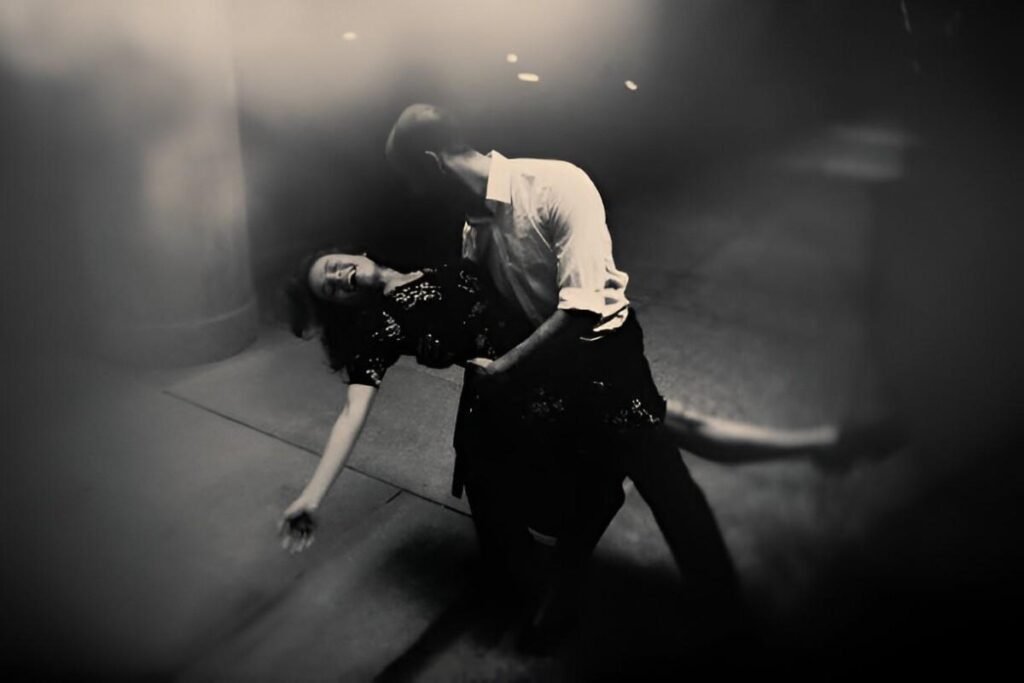Reality television has captured audiences by promising raw, real-life drama. Over time, I have watched numerous reality shows that blur the boundaries between truth and entertainment. Yet, as I explore this genre more deeply, the ethical implications have become ever more pressing for me: just how real is what we see on screen, and who is responsible for its creation and consumption? In this article, I explore these ethical dimensions in more depth, looking specifically at entertainment’s intersections with moral boundaries that may impact both participants and viewers alike.
Table of Contents
The Appeal of Reality TV: Understanding the Draw
The Allure of Authenticity
When reality television first made its debut, viewers like me were attracted by its promise of genuine glimpses into ordinary lives – this promise being one of reality TV’s primary draws for many people like myself and many others. Shows such as Big Brother and “Survivor” featured accurate portrayals of people’s reactions in extreme situations, which seemed genuine; we loved that it seemed natural without being predetermined or scripted!
At some point, however, I began questioning just how authentic these experiences were. Producers can manipulate situations behind the scenes to generate drama and sustain viewer interest – this manipulation raises critical ethical considerations when depicting one version of reality as genuine.
Reference: Refer to The Guardian article for an in-depth exploration of reality TV authenticity.
The Role of Drama and Conflict
Conflict plays a critical role in reality TV production. Producers understand its power to keep audiences hooked; shows such as “Real Housewives of New Jersey” or “Keeping Up With the Kardashians” thrive off such friction between characters that spark emotional responses in viewers and create sensationalized stories with interpersonal drama and sensationalism as their hallmark features.
As a viewer, I find myself torn between the entertainment value of this drama and its ethical ramifications for its creation. While these shows can certainly be entertaining, their scripted stories often play with participants’ personal lives for entertainment purposes. This raises ethical concerns as to the extent producers should go to produce compelling content.
Reference: Unlearn how drama propels reality television in The Atlantic.
The Ethical Implications for Participants
Exploitation and Manipulation
Reality television can expose participants to intense scrutiny and manipulation. Contestants on competitive shows might find themselves pitted against one another in emotionally distressful situations that create tension within a competition series, creating further pressure to perform and provide dramatic content, which may result in further manipulation or outright exploitation.
Manipulation extends far beyond a television show itself: participants could face long-term severe repercussions from participating, including damage to personal relationships or reputations, raising serious ethical considerations regarding producers’ responsibilities towards protecting the participants involved.
Reference: To gain more insight into participant exploitation, refer to The New York Times.
Impact on Mental Health
Reality TV participants face unique psychological rigor. Exposure to intense scrutiny, public criticism, and interpersonal conflicts displayed on these shows can cause tremendously high amounts of psychological strain; I have read many accounts from former reality stars who struggled post-screen with severe psychological distress issues.
Producers frequently fail to offer sufficient assistance and care for participants, which raises ethical concerns over their duty of care. Pressure to uphold specific images and reality TV’s intrusive nature can have lasting ramifications on an individual’s mental well-being.
Reference: Investigate the mental health impacts of reality TV by consulting Psychology Today.
The Ethical Responsibilities of Producers
Crafting a Narrative: Ethics vs. Entertainment
Producers of reality TV programs often create narratives designed to increase viewer engagement with their shows by manipulating footage in such a way as to highlight specific aspects of participants’ lives or develop particular storylines, leading producers to edit scenes to achieve this effect. While such editing makes for compelling television, such practices also raise ethical concerns over how authentic what viewers see might be.
I’ve noticed that editing can enhance storytelling and distort reality, raising ethical concerns regarding reality television as an accurate portrayal of life and prioritizing entertainment over truth.
Reference: For an in-depth exploration of editing in reality TV series, refer to The Washington Post.
Informed Consent and Transparency
While informed consent is an ethical cornerstone in most forms of media, its application in reality TV often falls through the cracks. Participants may not fully appreciate what aspects of their lives will be exposed or altered as part of this endeavor. Still, being fully aware of what involvement entails remains an absolute must, yet is often disregarded by producers and participants alike.
Transparency is also of great concern: producers should give clear information regarding how participants’ stories will be represented and any potential ramifications. Ethical production demands an unwavering commitment to honesty and respect amongst its participants.
Reference: Learn about informed consent from Ethics and International Affairs in reality TV programming.
Viewer Role in Ethical Consumption
Audience Responsibilities
Viewers also play an essential part in shaping reality TV ethics through our choices and preferences that influence content production. When we support reality shows that exploit participants or distort reality, this contributes to an environment of ethical compromise perpetuating further down the road.
My viewing habits often cause me to consider their potential consequences and ethical repercussions, leading me to make better-informed choices and increase calls for ethical practices in the media industry.
Reference: For insights into viewers’ roles in media ethics, refer to The Conversation.
Encouraging Ethical Practices
By advocating for more ethical practices within reality TV shows, we can have an effect as viewers. Supporting shows that prioritize participants’ health and encourage honest storytelling may cause change in this industry.
Engaging in discussions regarding the ethics of reality TV and supporting responsible media can play an instrumental role in shifting industry standards. By holding producers to account and demanding transparency, we can shape a more ethical entertainment landscape.
Reference: Learn ways to promote ethical media practices with Media Ethics.
Conclusion: Navigating the Ethical Landscape
Reality TV remains a prevalent form of entertainment, yet as I reflect upon its ethical dimensions, it becomes apparent to me the need for greater caution in its usage. From manipulating participants’ lives to its effects on mental health and the duties and responsibilities associated with producers and viewers, its ethical considerations are indeed numerous and complex.
Navigating these issues requires striking a delicate balance between experiencing entertainment and understanding its implications. By staying informed and advocating for ethical practices, we can work toward creating a media environment that respects everyone involved and their dignity and well-being.
As reality TV continues to develop, I hope future productions adhere to ethical standards prioritizing truth, transparency, and the welfare of participants. Through rigorous discussion, we can ensure that entertainment does not come at the cost of moral integrity.




